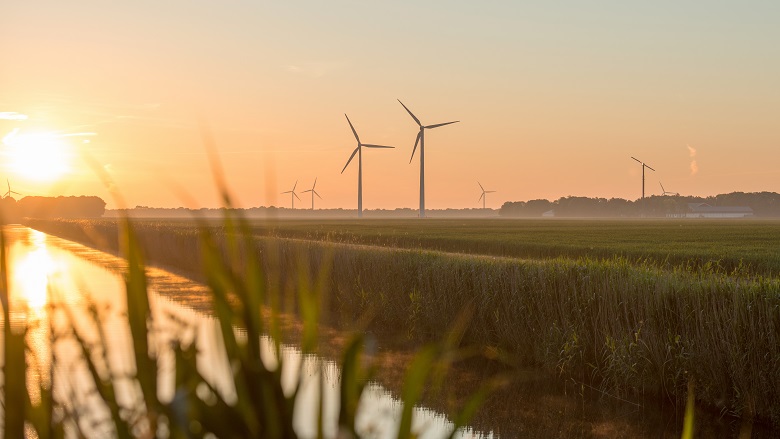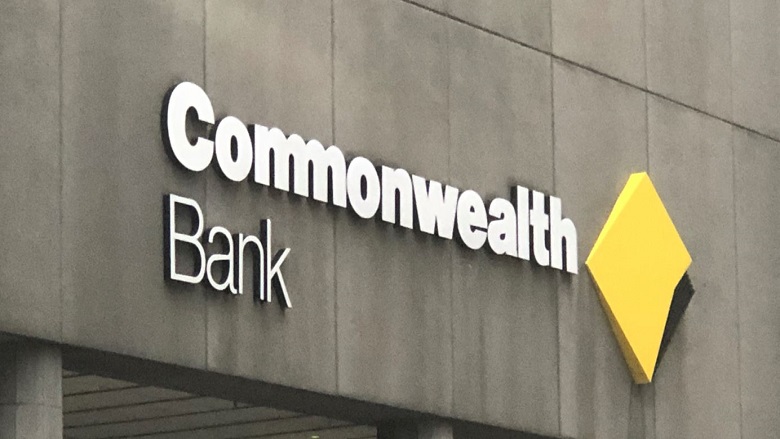“The important thing about climate change: It’s not a black swan event, nor a tail risk. It is now the base case,” Mr Hinchliff said. “I have great confidence in our ability to solve this problem […] and this is evidenced by what we’re seeing in terms of the accelerated pace of action from institutions around the world,” he added.
Mr Hinchliff interviewed Anna Skarbek, CEO of ClimateWorks Australia, about climate change trajectories and the opportunities and challenges along Australia’s path to net-zero. Ms Skarbek highlighted the need to move quickly to embrace new technologies, which consistently move faster than expected, with solar panel uptake achieving in five years what was predicted to take 20, and battery costs falling 90 per cent over the past decade.
“When we go faster at adopting them, the costs fall faster and new solutions emerge. From an investment perspective, this is millions and millions of transactions, these are equipment upgrades, these are new business models, these are mainstreaming products for consumers so they become the default procurement choice,” she said.
Commonwealth Bank Chief Executive Officer Matt Comyn hosted Alan Finkel, Special Adviser to the Australian Government on Low Emissions Technology, for a keynote on Australia’s energy transition. Dr Finkel said Australia’s emissions overwhelmingly stem from the energy sector and shared his vision for transition – which focused on greater electrification through renewable power generation, and the development of a domestic hydrogen sector as well as other new low emissions technologies.
“You don’t make the change by destroying what’s there. Instead, build something more attractive that competes with what’s there. In other words, we need a new model, an alternative to the existing reality,” Dr Finkel said.
Vivek Dhar, CBA Mining & Energy Economist, further explored the opportunities a hydrogen industry presents to Australia in a panel with QUT Adjunct Associate Professor Dr Neil Thompson and Fortescue Future Industries Director Felicity Underhill. The trio discussed available and emerging technologies, Australia’s ample resources and capabilities, as well global trends likely to influence demand for this emerging energy source.
Conference attendees also heard from leading global investors about their approach to assessing climate change and transition risk across their investment portfolios. Chris McLachlan, Head of Sales Global Markets at CBA, interviewed representatives from Carlyle Group, Cbus Super, Temasek and First Sentier Investors about their expectations from issuers and their willingness to actively engage with emissions-intensive portfolio companies and support their transition plans.
Business leaders from Brambles, Coles, Fonterra and Ramsay spoke to Julie Hunter, CBA Managing Director Client Solutions, about efforts to make their operations more sustainable by improving environmental outcomes, reducing waste, and even changing cow feed.
Meanwhile, CBA’s General Manager of Regional and Agribusiness for WA, SA and NT, Natasha Greenwood, spoke to representatives from Lendlease, Muru and Supply Nation about the better social outcomes supported by diverse supply chains. The panel members discussed their work in driving forward Indigenous businesses and the importance of corporate Australia working hand in hand with Indigenous-owned companies.
The event concluded with a discussion about Carbon markets and prices. CBA Managing Director, Commodities and Trade, Alex Toone, interviewed representatives from Ampol, Greening Australia and Indigenous Land & Sea Corporation about the importance of a trustworthy and effective carbon pricing mechanism, the unique aspects of Australia’s carbon credit system and the path to a transparent, liquid and global carbon market.



